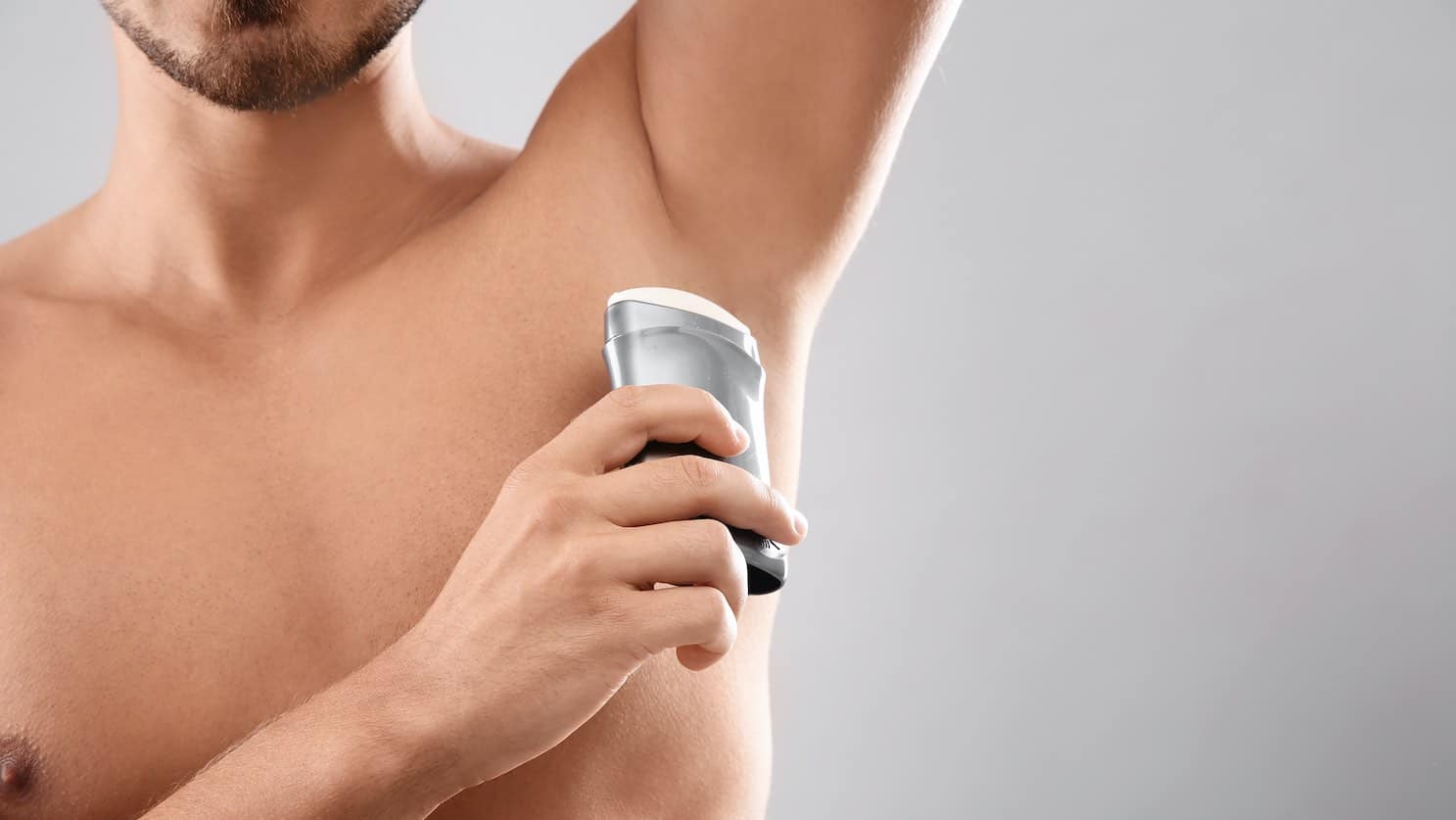Have conflicting articles about the dangers of chemicals in products left you uncertain about their safety?
Costhetics, Australia’s premier resource for news, tips and information about cosmetic enhancement wants to help set the record straight about one hotly contested ingredient: parabens. Parabens are a class of preservatives used to extend the life of personal care products. (Methyl paraben is the most common.) Unfortunately, they have also been found to be dangerous to human health.
Sacrifice health on the altar of beauty? No way says Costhetics. Our team dug deep to find the golden nuggets of truth you need to know about parabens.
Parabens: Underarm Attack
“Just because you’re paranoid, doesn’t mean they’re not out to get you,” wrote Joseph Heller in his iconic book Catch-22. He could have been talking about parabens. In 2007, a French study concluded, “The movement of parabens across the skin barrier significantly increases” with repeated applications. Other studies identified a link between parabens and cancer, particularly as concerns deodorant. Underarm fat tissues can easily trap and hold parabens. The underarm area is also rich in hormone receptors which can be adversely affected by parabens.
These findings led first to fear and then a sense of paranoia, as a counter-information campaign about parabens flooded the Internet, causing people to wonder if they were being overly cautious. They weren’t.
Semen Says: Hold the Parabens, Please
The Reuters health news story, Common Chemicals in Cosmetics, Soaps Tied to Poor Semen Quality, shared the results of a 2017 study at a Polish fertility clinic. There, researchers found exposure to parabens and a high concentration of the chemical in a man’s body to be associated with:
- Abnormal morphology, a condition in which the majority of a man’s sperm is unusual in shape and size and associated with infertility.
- Damage to sperm DNA
- Slow-moving sperm which may be unable to travel far enough fast enough to fertilize an egg.
The scientists were unable to establish the precise amount of paraben exposure that may be harmful, but concurred that the lower the exposure, the lesser the risk.
No One Likes a Mimic, Especially a Woman’s Hormones
Parabens mimic oestrogen which enables it to disrupt a woman’s hormonal function. This can lead to problems with:
- Female reproduction system function
- Fertility
- Reproductive development
- Increased odds of pre-term birth
- Decreased birth weight
Perhaps most disturbing of all is the finding in a University of California at Berkeley study that found low doses of butylparabens work on cell receptors to:
- “Switch on” cancer genes
- Accelerate the growth of breast cancer cells
In short, parabens are a his-and-hers danger to health.
Most Unwanted: Parabens Evil Associates
You need more than a paraben-radar when shopping for health and beauty products. Experts have found compounds used in some deodorants can be absorbed and stored in fat cells, other unhealthy substances can even disrupt the function of the body’s beneficial micro-organisms, reports Time Magazine.
You don’t have to bone up on the science of healthy beauty care products. Costhetics has done that for you. You’ll be better off safe than sorry if you avoid:
- Coal Tar – a known carcinogen. In Australia, products made with coal tar must carry warning labels and they are not recommended for extended use.
- Formaldehyde – the preservative we associate with horror film laboratories is scary all by itself, causing irritation to the eyes, skin, nose, and respiratory system.
- Nanoparticles – small enough to be called “nano,” ingredients such as titanium dioxide can cause big problems when they are inhaled, leading to lung problems.
- Phthalates – solvents that have been linked to early-onset puberty in girls and reduced fertility in males.
- Talcum powder– once thought safe enough for a baby, the use of talcum powder has been linked to ovarian cancer.
- Triclosan – an antibacterial which may contribute to antibiotic resistance. There is no evidence triclosan is more effective than basic soap and water.
Here’s the long and short of it: when it comes to health, Costhetics encourages you to err the side of caution. Get expert guidance from a doctor, or another in-the-know professional if you have concerns about ingredients in a new product you might be considering. Should you have any adverse reaction after trying something new, run (do not walk) to your doctor to address your problem before it gets worse.
The best ingredient for healthy beauty: knowledge…and now you’ve got it!
